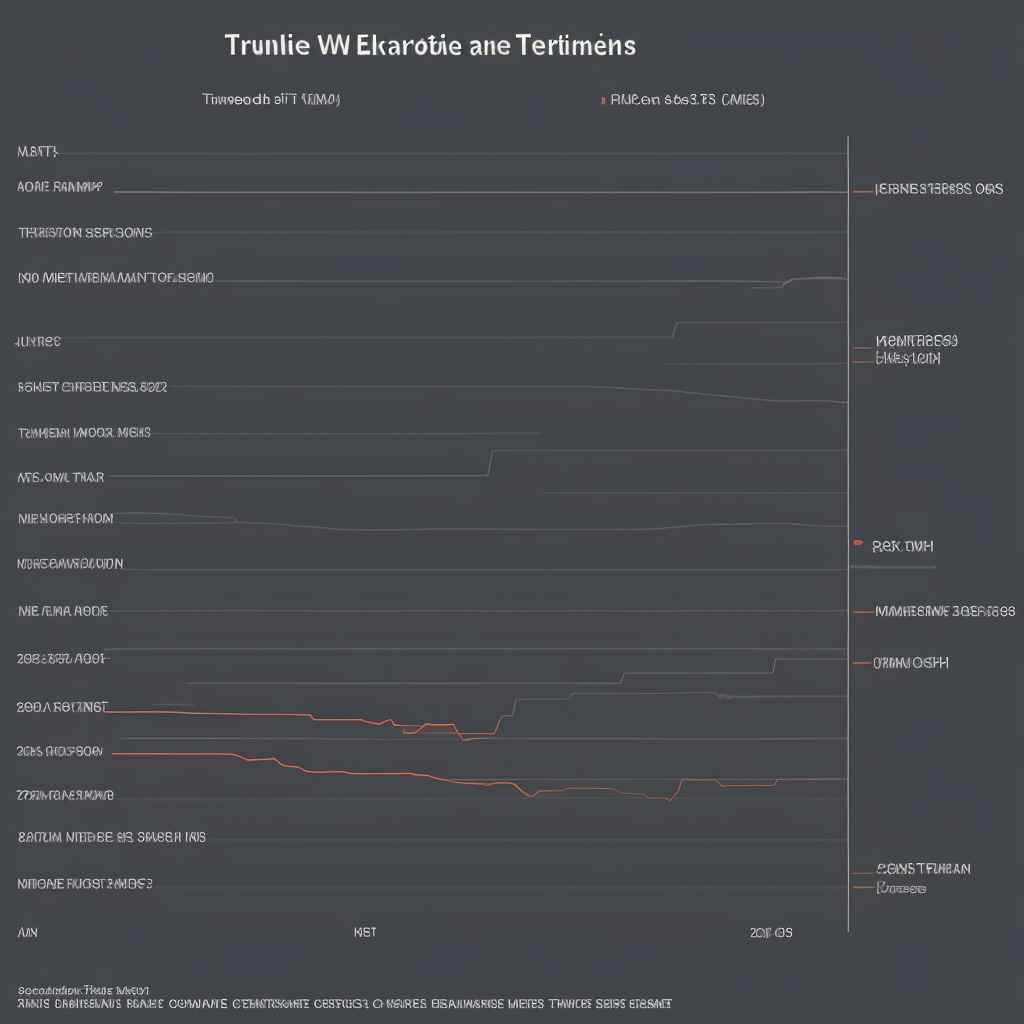
Markets Reeling as Trade War Tensions Reach Boiling Point
Stock Market Today: Trump's Tariffs Spark Trade War Fears, S&P 500, Dow, and Nasdaq See Losses
The US stock market took a hit on Monday as President Trump's decision to impose tariffs on steel and aluminum imports from Canada and Mexico sparked fears of a trade war. The S&P 500, Dow, and Nasdaq all saw losses, with the S&P 500 falling to its lowest level in over a year.
The S&P 500 ended the day down 2.5% at 2,588.37, while the Dow Jones Industrial Average dropped 2.2% to 24,574.51. The Nasdaq Composite fell 2.8% to 6,613.44.
The tariffs, which were announced on Friday, are aimed at protecting US steel and aluminum industries. However, they have also sparked concerns about retaliation from other countries and a broader trade war.
"Trump's tariffs are a classic example of a beggar-thy-neighbor policy, which will ultimately harm the US economy," said Peter Cardillo, chief market economist at Spartan Capital Securities. "The global economy is already fragile, and this is just another nail in the coffin."
The tariffs are also expected to have a negative impact on US automakers, who rely heavily on steel and aluminum in their products. General Motors, Ford, and Fiat Chrysler Automobiles were among the hardest hit, with their stocks falling 3.4%, 3.2%, and 3.1%, respectively.
The trade war fears also sent the US dollar tumbling, with the euro and yen rising against the greenback. Oil prices also fell, with West Texas Intermediate crude dropping 2.4% to $65.44 a barrel.
The market volatility comes as the US economy continues to show signs of slowing down. The Federal Reserve's preferred inflation gauge, the core personal consumption expenditures index, rose 1.8% in March, down from 2.1% in February.
The trade tensions also have implications for the global economy, with the International Monetary Fund warning that a trade war could have significant negative impacts on economic growth.
"The IMF is warning that a trade war could lead to a sharp decline in global trade, which would have significant negative impacts on economic growth," said Mark Haefele, global chief investment officer at UBS Wealth Management. "This is a serious issue that needs to be addressed, and we are closely monitoring the situation."